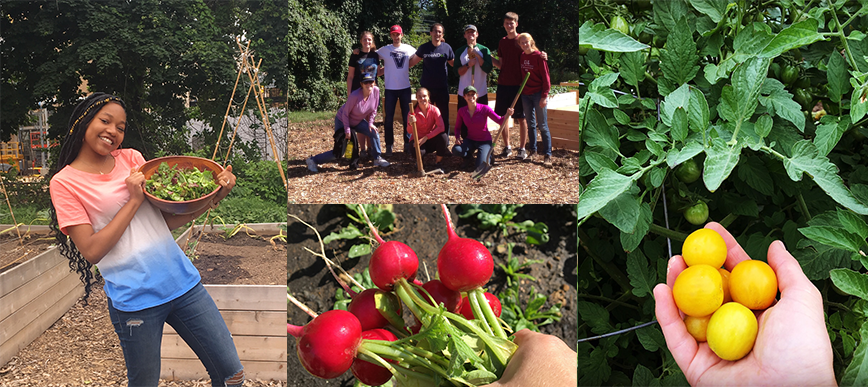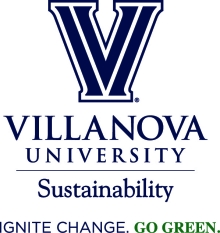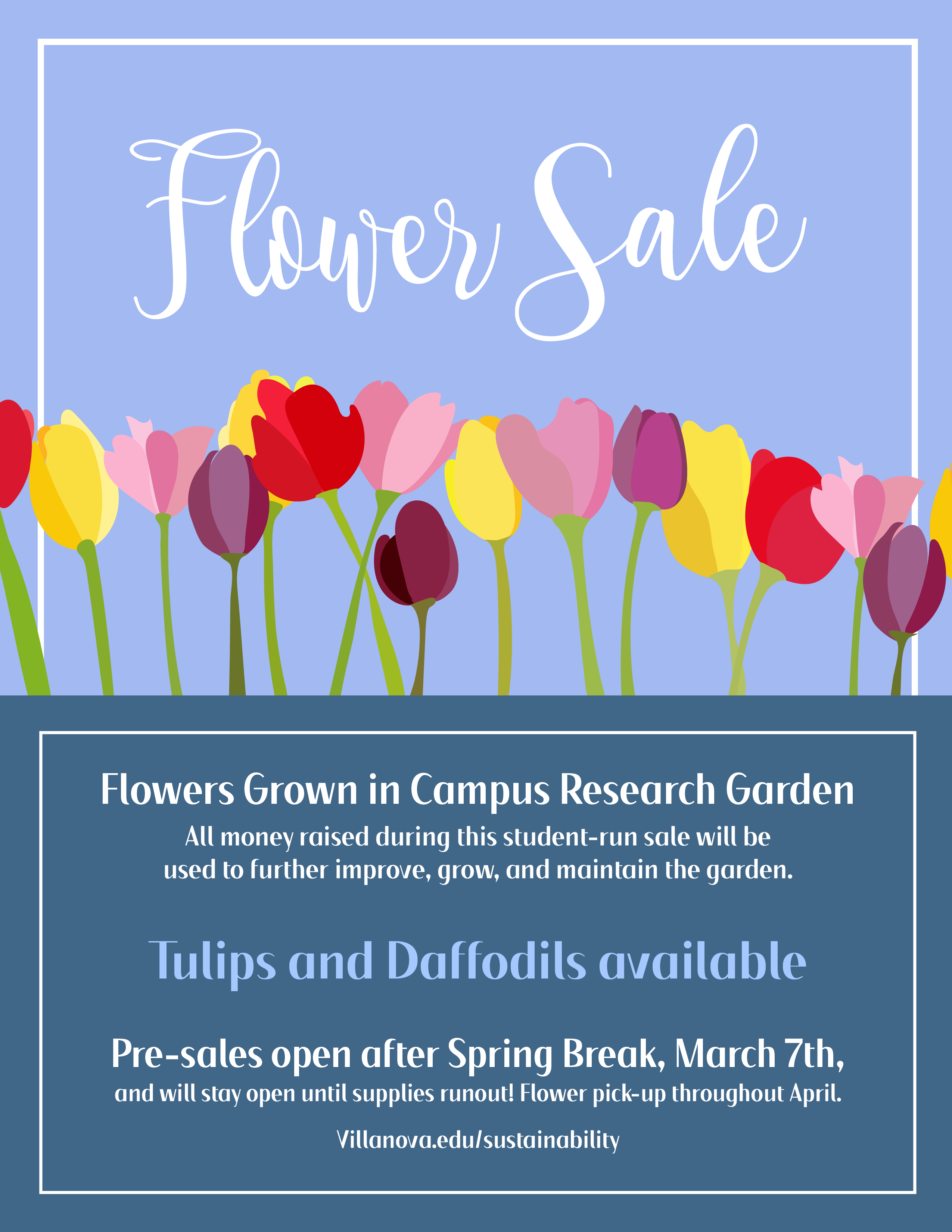VCARE has partnered with the Villanova Center for Research and Fellowships (CRF) to provide at least one fully funded Villanova Undergraduate Research Fellowships (VURF) for their 2021 Summer Research Program. Students are encouraged to develop a research proposal detailing the scope of their proposed project, a description of the materials intended to be used in the garden, a detailed budget for the project, and a proposed schedule of the weekly maintenance to the garden plots throughout the course of the project. The garden is located behind the tennis courts near Driscoll Hall, and includes multiple 8’x4’x2’ raised beds, water access, and basic tools. Access to electricity is not currently available at the garden. VCARE recommends students visit the garden to determine the feasibility of the anticipated project before developing their proposals.
All students wishing to submit research garden proposals should apply through the regular VURF application portal, and should indicate a desire to apply for the named fellowship in their application. Though only one research garden project is guaranteed through the VURF named fellowship, the possibility of funding additional research garden projects through a regular VURF is possible.
Go to the VURF website for more information on how to apply.
For questions regarding the garden, please contact Liesel Schwarz, Villanova University's Sustainability Manager by email at liesel.schwarz@villanova.edu, or via phone at (610) 519-7988




